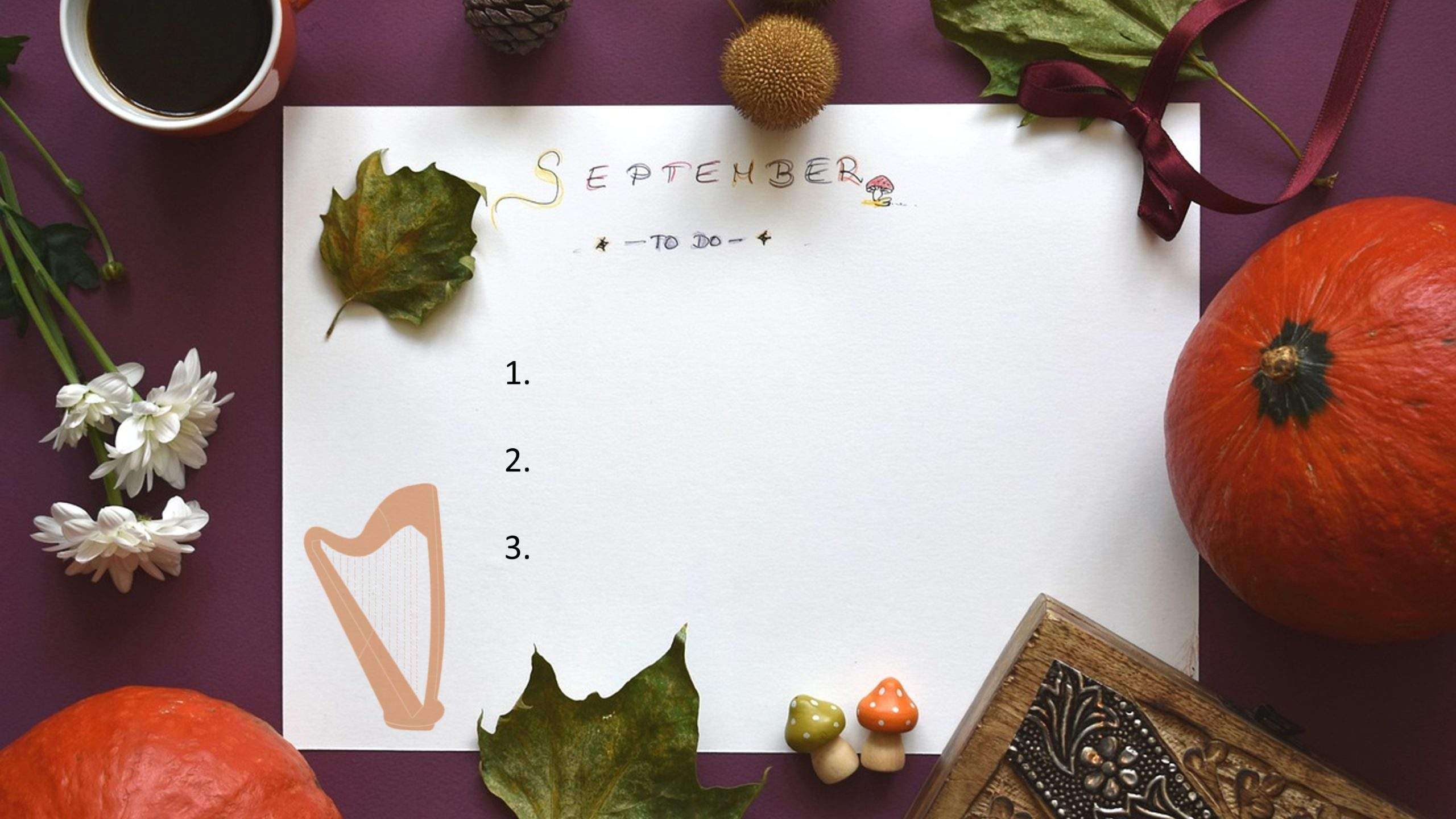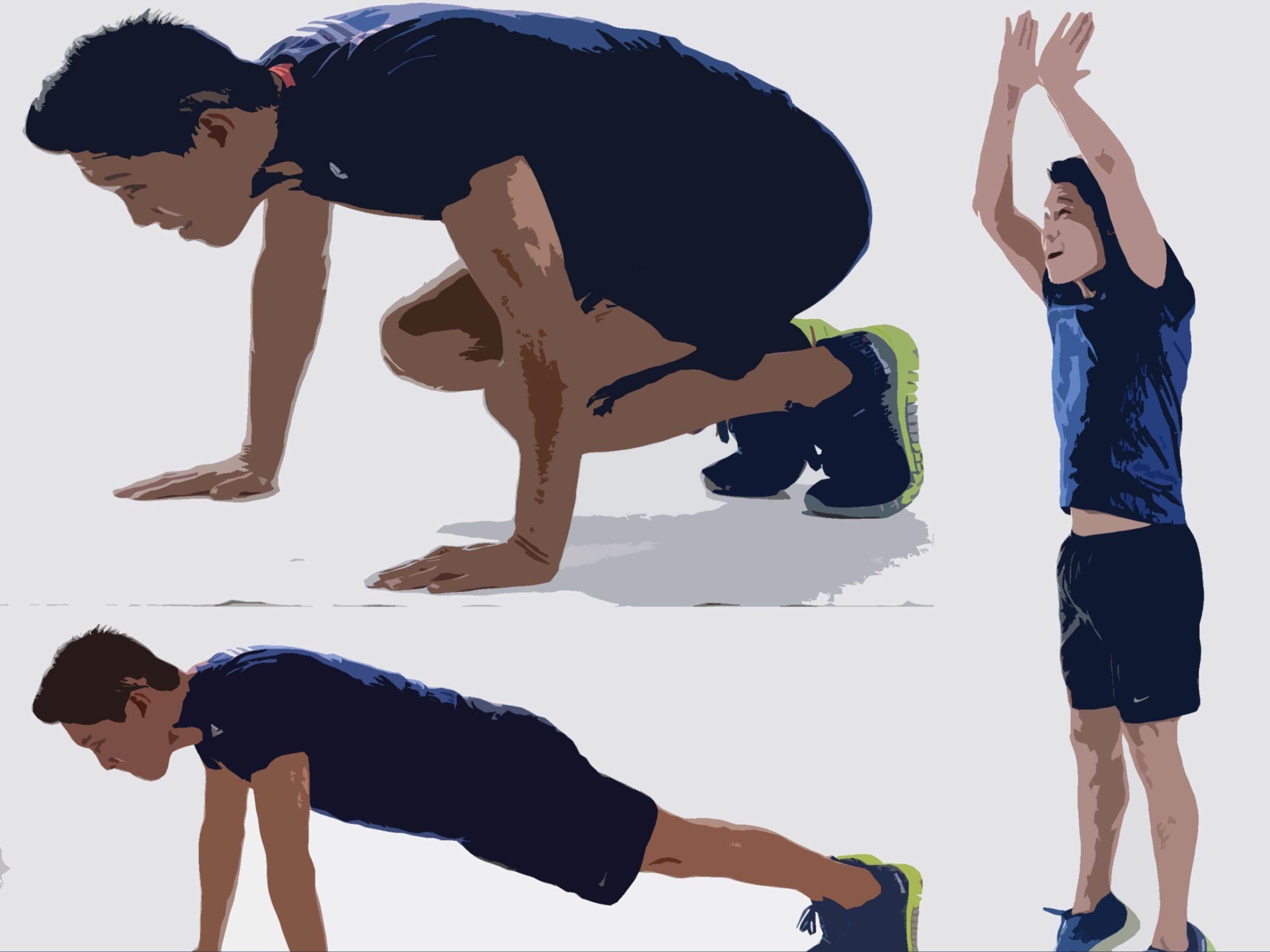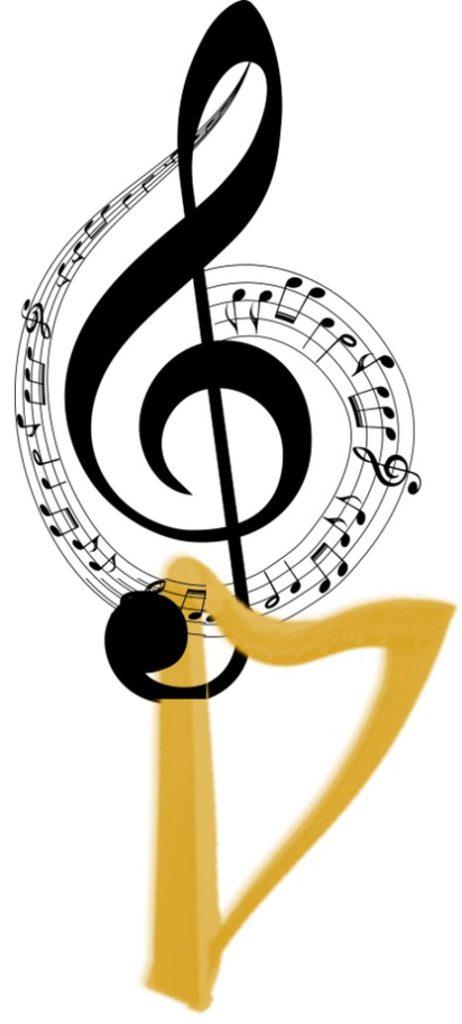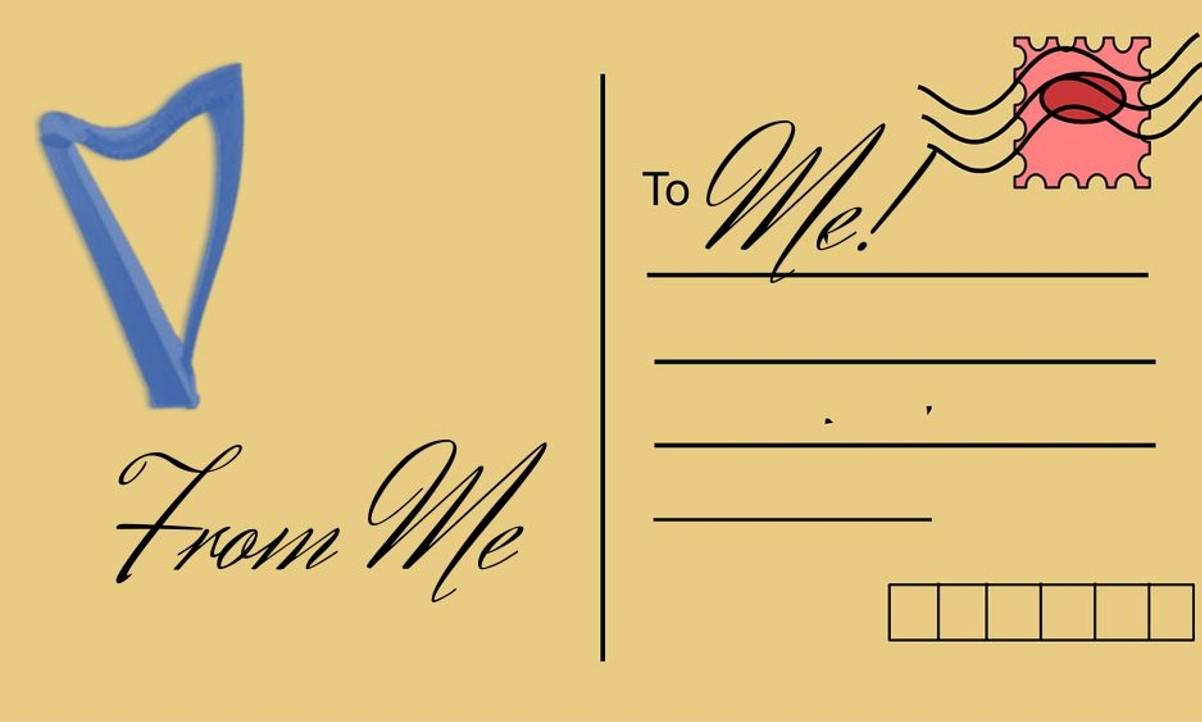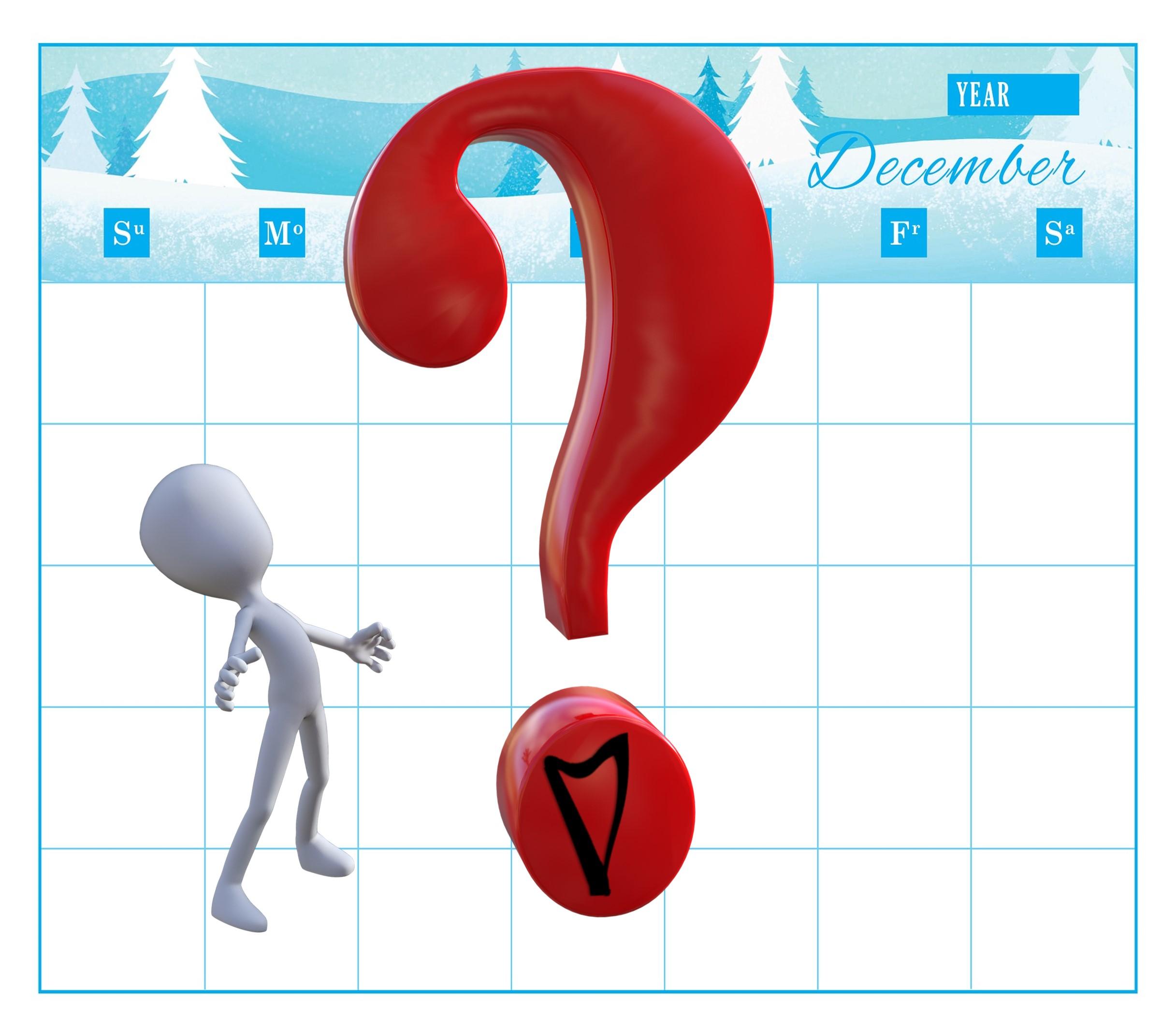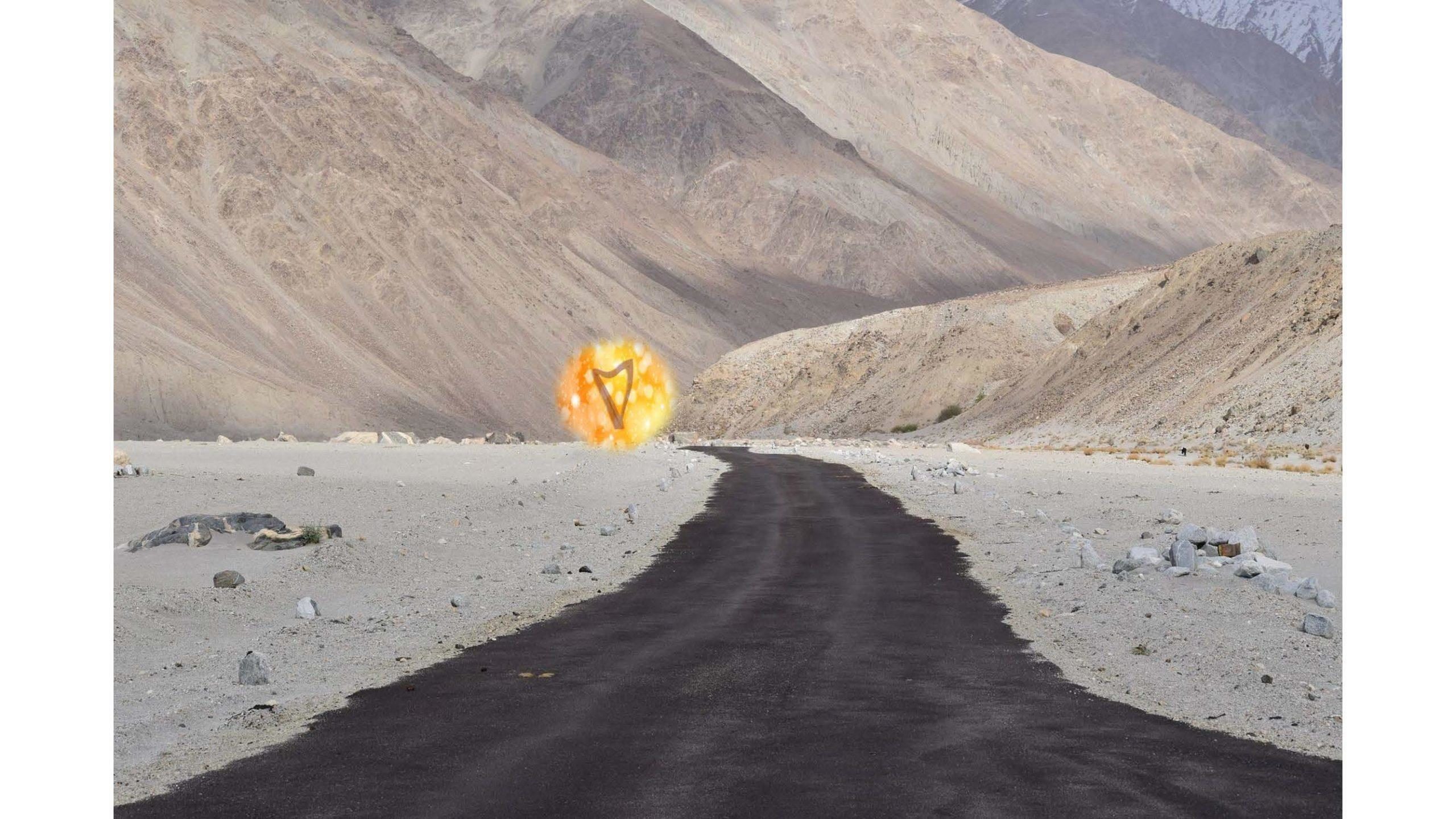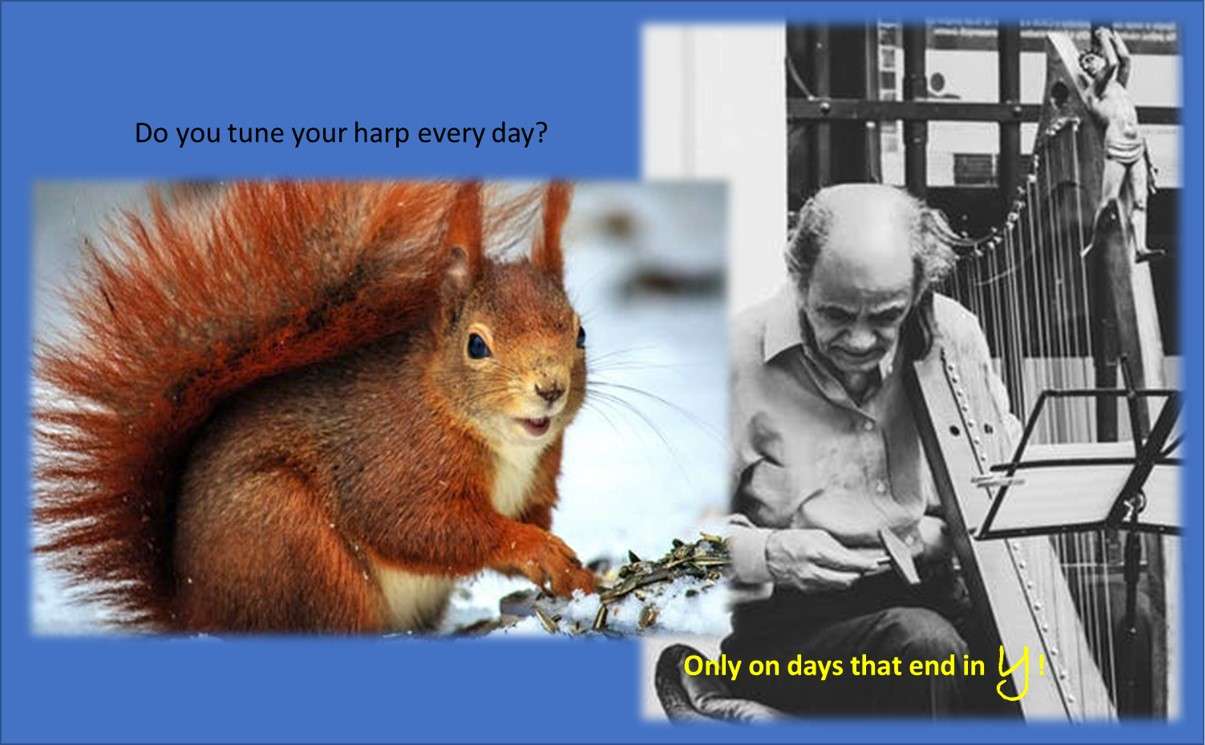What’re you doing?
Do you ever feel like your practicing has fallen into the trap under the sink. It can be really easy to get caught in the comfortable swish of the U joint. Just be and don’t move. Don’t practice, or barely practice, or practice but don’t actually change or learn anything. Loll here in the dark and wait.
Maybe you don’t fall into that trap, but I sure can – especially in “between times” like now – too early for the holidays but after the buzz of the summer. It could be so easy to stay in the trap because there is so much stuff that needs to be practiced that it can be daunting. Stuff to be dwelled upon. To think through. To work out. To review. So much stuff!
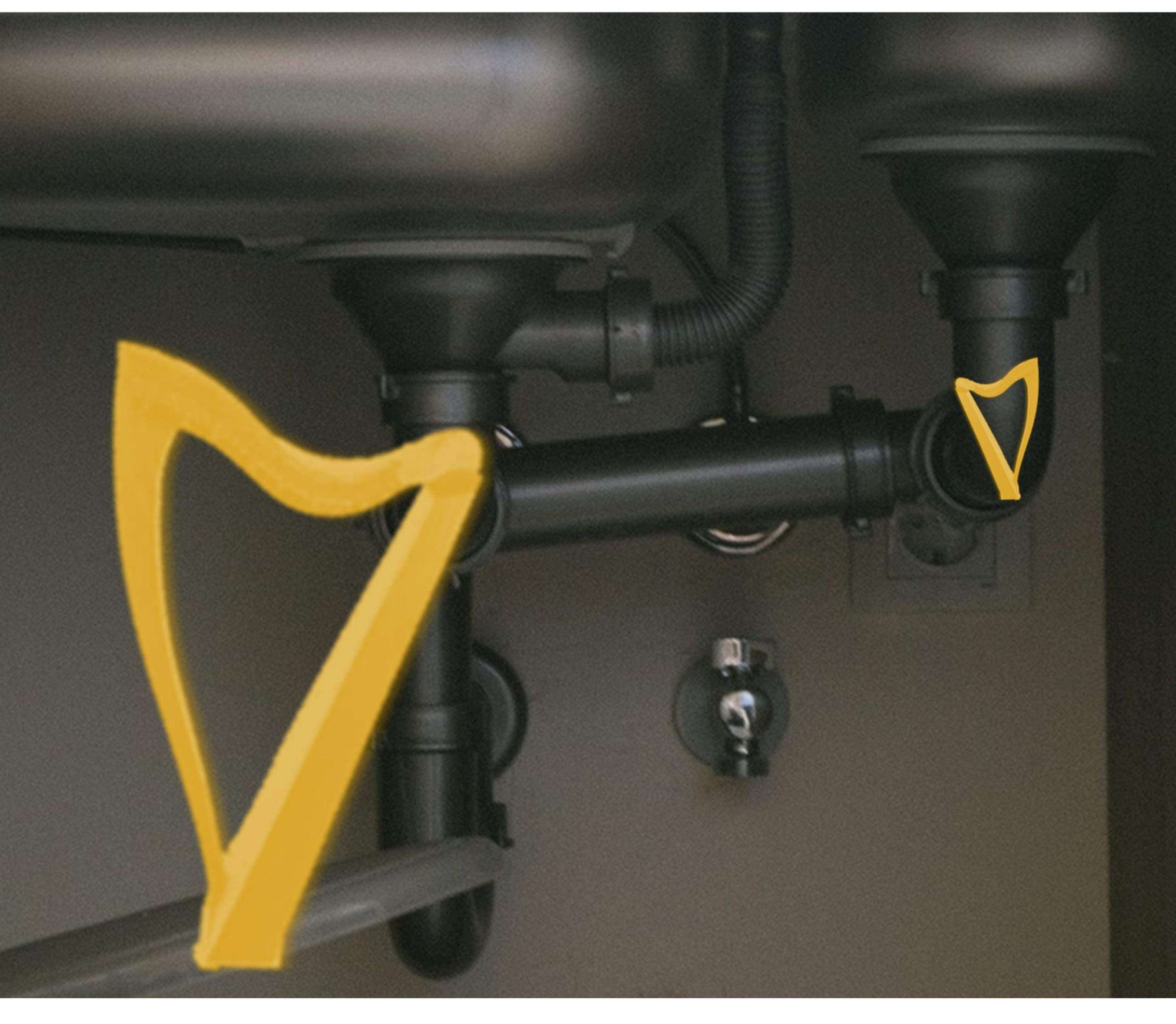
Or maybe we’ll just stay here in the dark (so little motivation).
Fortunately, playing is more like a diamond ring. When it’s caught in the trap, it isn’t as enjoyable! It is totally worth the work of disassembling the drain to rescue it so it can glitter and sparkle.
No, staying here in the dark isn’t ideal, but sometimes we just need a push to get moving out of the trap. How do we get moving? Well you could start by asking – what’re you doing? If there’s no succinct answer to that question, the right answer is focus! On what? Well, how about:
Start small. Settle on one thing to work on. Maybe it’s sight reading? Or counting? Or refreshing stuff you were playing but set aside? The point is to focus on one thing rather than trying to work on everything all at once.
Count the things. Figure out what needs to be done. Maybe this should be the first thing – how can you focus on just one thing if you haven’t figured out what the pool of all things is, prioritized them, and then selected one?
Set an end. After all, you’re breaking out of a trap so while you’re going to focus, it’s not an unending focus! Figure out how long you want to work on the thing you selected to be first. Will it be a timeline of a week or a month? Or will it instead be an accomplishment like playing at tempo or steadily or accurately? When you define the end, you will know when you are going on to the next thing.
Keep track. You knew I’d get around to this. You won’t know you’ve gotten to the end if you’re not tracking your progress. This doesn’t have to be elaborate, just note what you did and how you did it.
Compare. This one can be tricky. Because you’re not going to compare your progress to anyone else, only to YOURSELF. You will never know how someone else got to what you’re looking at, but you can know where you were yesterday (or the day before or the last time) and compare yourself to the you before, not someone else ever.
Be consistent. Pick your timing. Help yourself by not only doing the thing as you decided (every day, every other day, whatever you determined) but also by sticking to the same time of day every day. Or tie your time to another event (for example, always practice right after you walk your iguana (or some other event of your day)).
Be nice. You’re not striving for perfection. In fact, if you do it perfectly, you won’t learn anything. By the same token, by remembering that mistakes help you learn, you can be your own biggest cheerleader! (bonus tip – I find that sometimes I need to let the mistakes I make simmer before I can really figure out what I’m learning there, so I write them down so I don’t forget what happened)
Focus! Don’t “task share”, don’t pick up your phone (unless you’re adjusting your metronome app!), don’t pet your fish, don’t drink your tea. Just focus on what you’re doing while you practice. You can do all those other things when you’re done.
What’re you doing? Do you ever get caught in that sink trap? If so, how do you get yourself out? If not, how do you maintain your equilibrium? Let us know in the comments!
